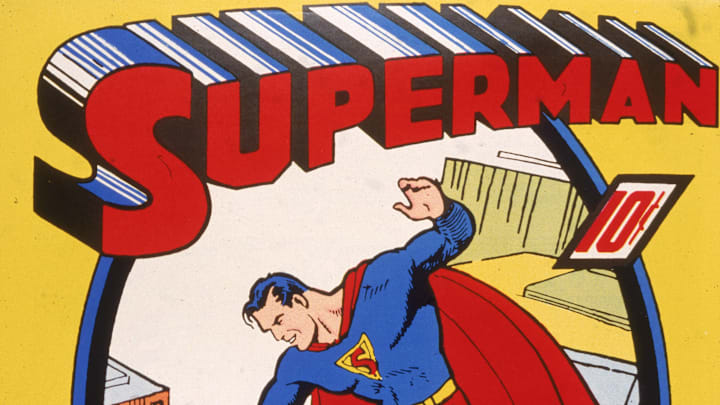The Influence of Book-to-Film Adaptations on Reading Culture

Book-to-film adaptations have a significant influence on reading culture, shaping perceptions of literature, driving book sales, and broadening the audience for literary works. These adaptations bridge the gap between different media, offering new ways for readers to engage with stories and characters.
One of the primary impacts of book-to-film adaptations is their ability to drive book sales and renew interest in literary works. When a popular book is adapted into a film, it often leads to a surge in book sales as new readers seek to experience the original source material. This phenomenon is particularly evident with blockbuster adaptations like "Harry Potter," "The Lord of the Rings," and "The Hunger Games." These adaptations introduce the books to a wider audience, including individuals who may not have been avid readers before. The increased visibility and marketing of the film often boost the book's profile, leading to renewed interest and higher sales.
Book-to-film adaptations also have the power to broaden the audience for literary works. Films have a wide reach and can attract viewers who might not have discovered the book on their own. This expanded audience can lead to a greater appreciation for the literary source material and encourage viewers to explore other works by the same author. For example, the success of the "Twilight" films introduced many young readers to the world of YA fiction, sparking an interest in similar books and genres.
Moreover, adaptations can enhance the overall experience of the story by bringing characters and settings to life in a visual medium. Seeing beloved characters portrayed by actors and experiencing the world of the book through detailed production design can add a new dimension to the story. This visual representation can deepen readers' connection to the characters and enhance their understanding of the narrative. For many, the film adaptation serves as a complement to the book, providing a richer and more immersive experience.
Book-to-film adaptations also foster discussions and debates within the reading community. Comparing the book to its film adaptation can spark conversations about differences in interpretation, changes to the plot, and the effectiveness of the adaptation. These discussions encourage critical thinking and analysis, as readers consider how different media can shape and alter the perception of a story. Book clubs and online forums often engage in lively debates about the merits and shortcomings of adaptations, enriching the overall reading experience.
Additionally, adaptations can introduce new themes and perspectives, highlighting aspects of the story that may not have been as apparent in the book. Filmmakers often bring their unique vision and interpretation to the source material, which can shed new light on characters, themes, and settings. This fresh perspective can lead to a deeper appreciation of the original work and prompt readers to revisit the book with new insights.
Book-to-film adaptations also contribute to the preservation and promotion of classic literature. Adapting classic works for the screen can introduce these timeless stories to new generations, ensuring their continued relevance and accessibility. Films like "Pride and Prejudice," "To Kill a Mockingbird," and "The Great Gatsby" have brought classic literature to a wider audience, encouraging readers to explore these seminal works. The visual and emotional impact of the film can create a lasting impression, inspiring viewers to delve deeper into the literary canon.
In conclusion, book-to-film adaptations have a significant influence on reading culture by driving book sales, broadening the audience for literary works, enhancing the overall experience of the story, fostering discussions, introducing new themes and perspectives, and promoting classic literature. These adaptations bridge the gap between different media, offering new ways for readers to engage with stories and characters. By bringing books to life on the screen, adaptations enrich the reading experience and contribute to the enduring appeal of literature.